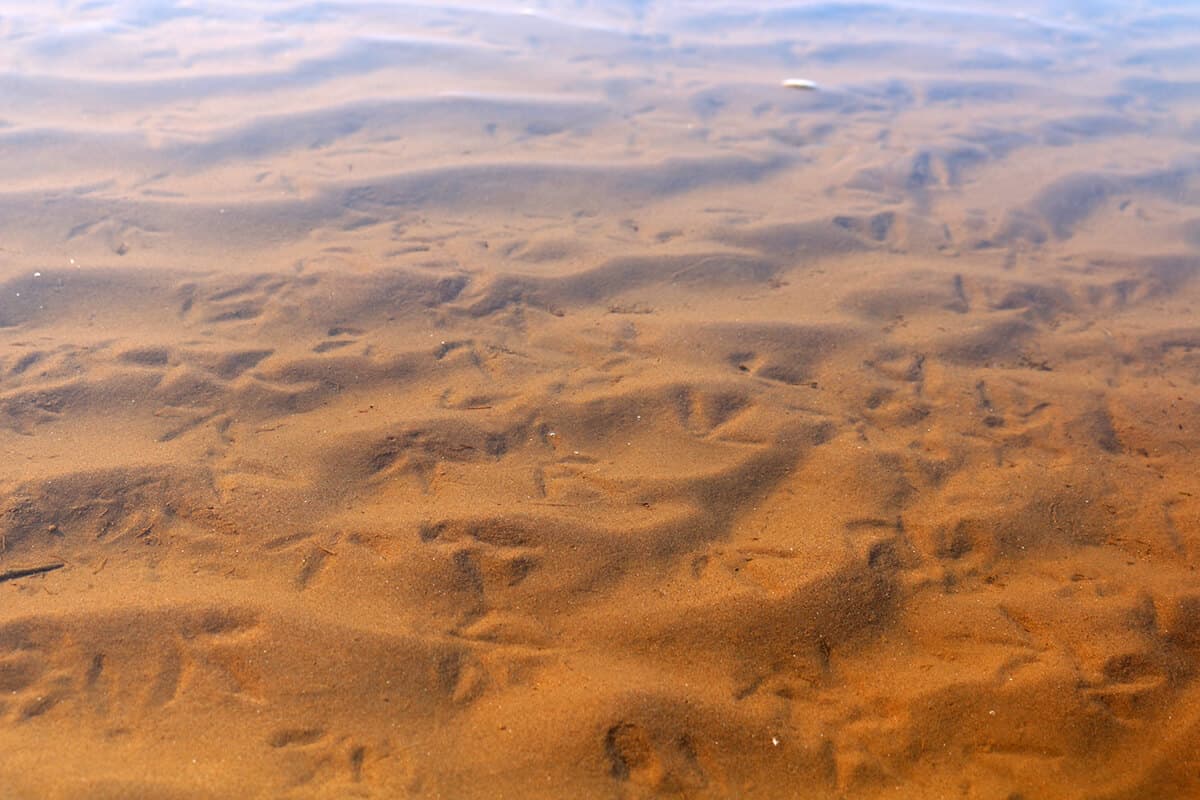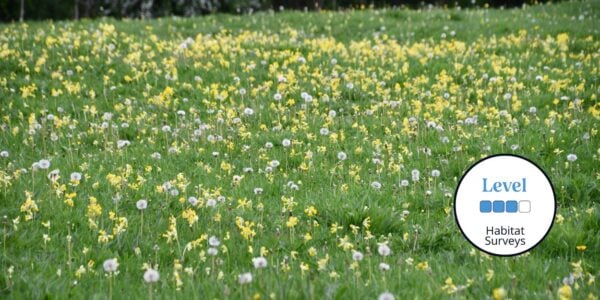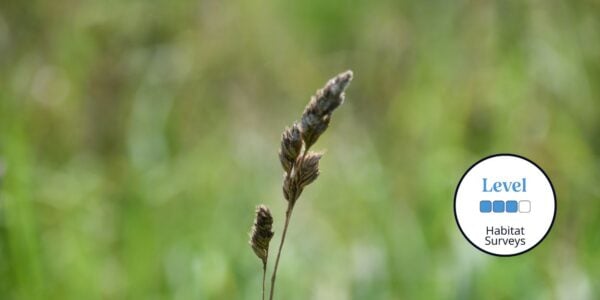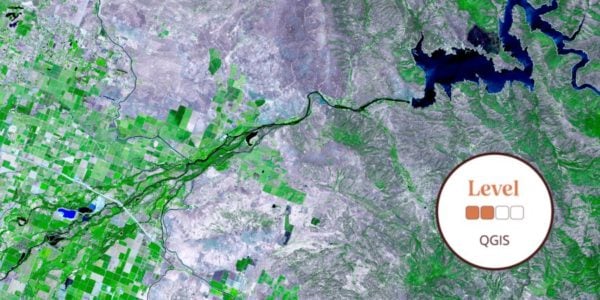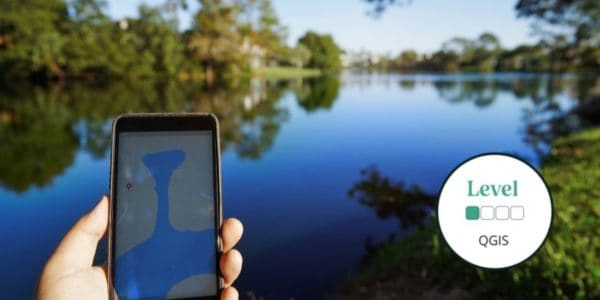This beginner course is a great place to start for those looking to improve their ability to identify a range of wildlife tracks and signs encountered in rural and urban areas and even gardens. Learn this valuable skill for anyone with an interest in natural history and conservation.
Wildlife tracking is an ancient science and art – one that humans once relied upon for survival. Learning to read the clues that animals leave behind helps us to understand more about the animals around us and even find the animal itself.
This course will cover:
- Introduction to mammal and bird foot morphology and how that relates to the tracks we find in the field and helps us identify the trackmaker.
- The value of learning to read animal tracks and signs.
- How to recognise some of the more frequently encountered animal tracks and signs.
- The tools and methods of analysis that will enable you to continue learning about animal tracks and signs.
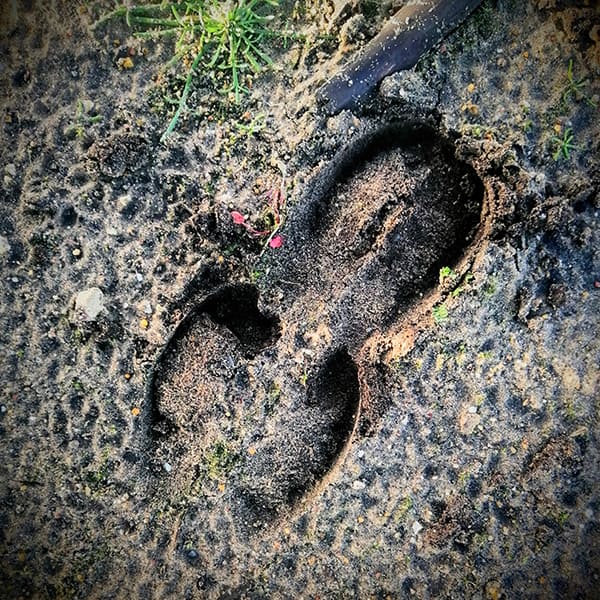
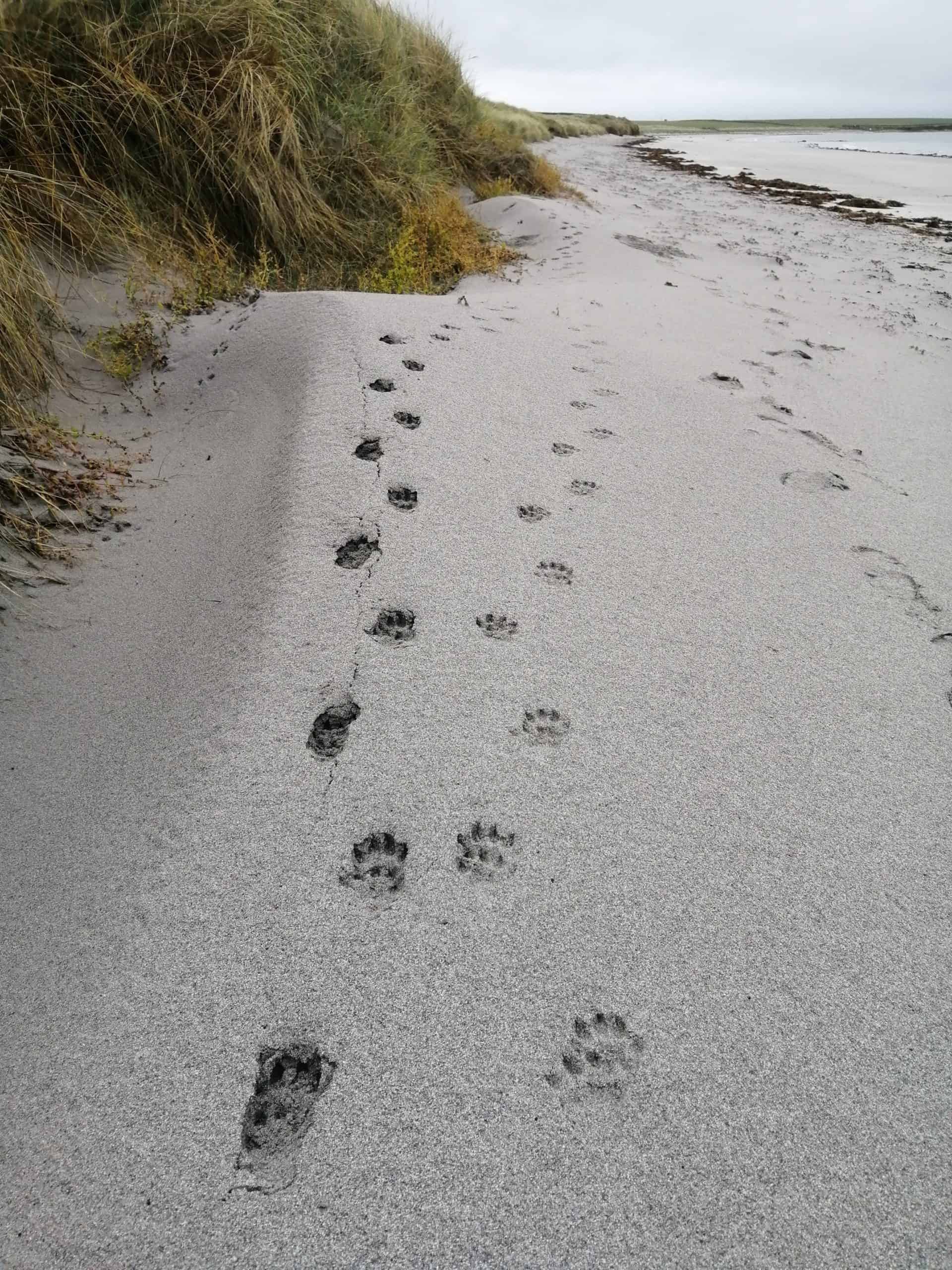
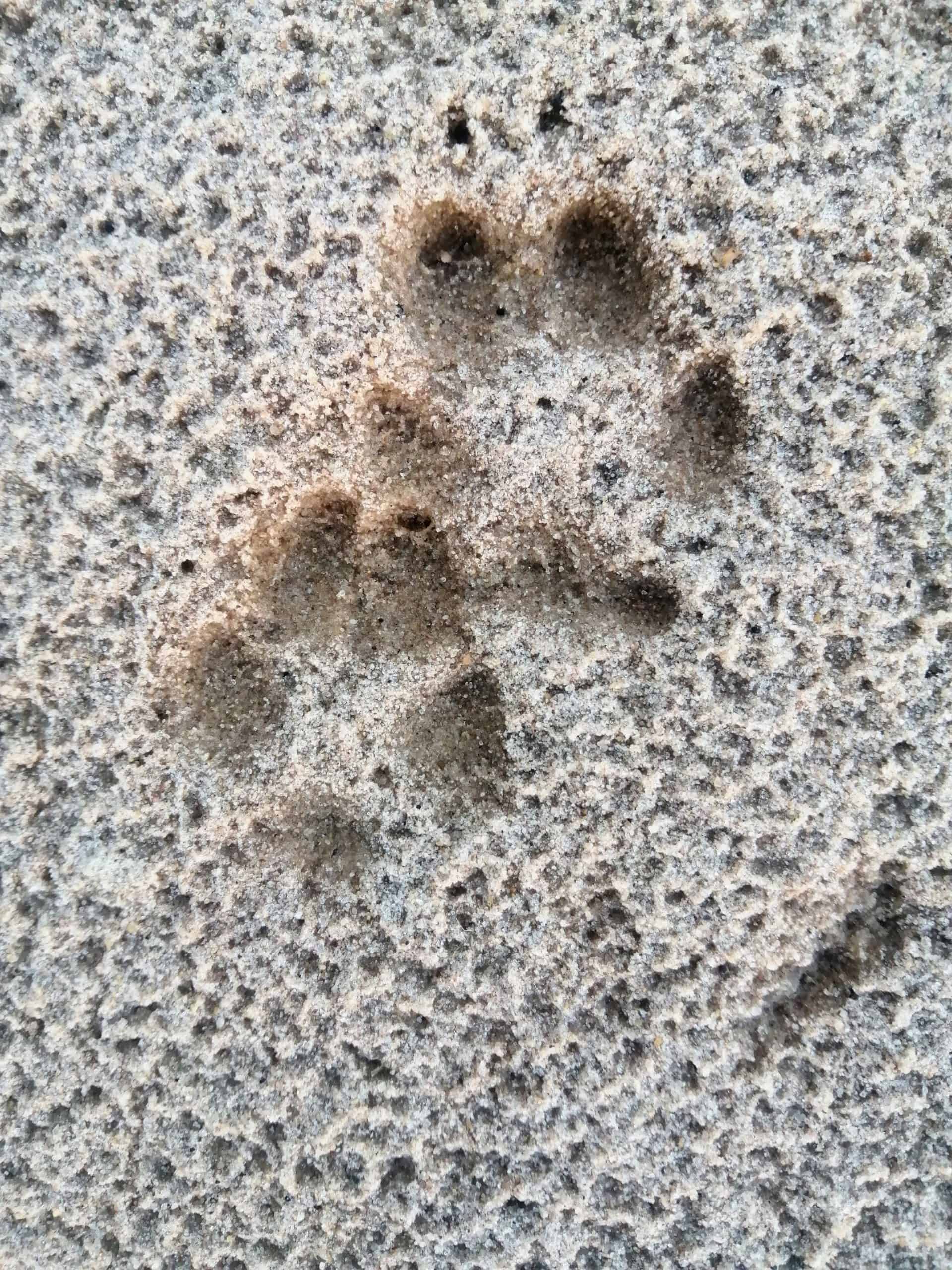
Images by David Wege
Read More
During this course, you will learn skills to confidently identify a variety of mammal and bird activities and some of the fundamentals of reading them. We will cover some of the key categories of tracks and signs, including footprints, feeding signs, homes, droppings and many more. There will be some classroom presentations and opportunities to take a closer look at examples of various signs.
You will also have plenty of time to explore outdoors to put your newfound knowledge into practice, leaving you with a solid introduction to the world of tracking. Tracks and signs can help us become aware of the presence of animals that might otherwise be hard to spot. With practice, these skills can also help anyone to provide valuable biological records, which are important for wildlife conservation. They can also help enrich our understanding and enjoyment of the wildlife around us and its place within the wider ecosystem.
By the end of the course, you will be able to:
- Understand the role tracking has played, past and present.
- Describe mammalian and bird foot morphology and identify some common tracks.
- Identify and recognise the main kinds of track and signs.
- Understand some of the key techniques for identifying and interpreting tracks and signs including master listing.
- Share this knowledge with friends, family, and fellow volunteers
Who Should Attend?
Nature enthusiasts, Students, Early career ecologists, Citizen scientists, Volunteer surveyors, Land managers
Knowledge Level – Beginner. Level descriptors can be found on the following web-page: Framework and Course Level Descriptors
Prior Knowledge – No prior knowledge is required, though those with previous experience would still benefit as the tutor is open to answering a range of questions at different levels.
PLEASE NOTE: There is no accommodation, refreshments, or meal facilities provided with this course. If we are unable to reach viable numbers for this course, we will inform you of the course cancellation 4-5 weeks prior to the course run. We would recommend when purchasing accommodation and/or travel you should take out your own insurance.
Bookings will close if course capacity is reached.
Please email [email protected] if you have any questions.
About the Tutor
This course is delivered by more than one expert tutor. Your tutor will depend on the location of the course you book.
Dan Puplett
Dan Puplett is a naturalist, conservationist and environmental educator. He is a certified tracker and teaches a range of naturalist skills to people of all ages. Dan is also the author of the Field Studies Council Guide to British Bird Tracks and Sign and the new FSC Guide to Mammal Tracks and Signs.
David Wege
David Wege helps teach nature tracking with Woodcraft School Ltd in Sussex. He has done this for the last 7 years, alongside a 30-year career in international biodiversity conservation with BirdLife International. David has now left the office behind to focus on reviving the art of tracking – an art that has long been lost in the UK, but which provides endless opportunities to connect with nature, survey and monitor wildlife and increase our understanding, appreciation and knowledge of the animals around us. David is a life-long, passionate birdwatcher, wildlife photographer and all-round naturalist.
Example Timetable
This timetable is subject to change but should give a clear outline of what to expect.
Please arrive in time for the course to start promptly at 10:00am
The course will end at 5:00pm
Day 1
10:00am
Introductions
10:30am
Classroom session covering:
Tracking
Types of tracks – main mammal groups
Track identification
11:30am
Break and prepare for field session – refreshments not provided
11:45am
Guided walk
1:00pm
Lunch – Not included
2:00pm
Classroom session covering:
Different types of signs: Homes, Scats and Feeding
3:00pm
Break and prepare for field session – refreshments not provided
3:15pm
Guided walk to apply classroom knowledge
4:30pm
Classroom plenary and final questions
5:00pm
Finish
Please note accommodation, refreshments and an evening meal are not included
Day 2
10:00am
Day 1 recap
10:15am
Classroom session covering:
Types of tracks – additional mammal groups and birds
Track identification
11:15am
Break and prepare for field session – refreshments not provided
11:30am
Guided walk
12:00pm
Lunch – Not included
1:00pm
Classroom session covering:
Different types of signs: territorial markings, skulls, bones and feathers
What is master listing and how to use
2:00pm
Break and prepare for field session – refreshments not provided
2:15pm
Guided walk
4:30pm
Classroom plenary and final questions
5:00pm
End of course
Please note accommodation, refreshments and an evening meal are not included
What's Included
The course has been carefully created by expert tutors and educators to help you continue to build your knowledge and apply it within the field surrounded by like-minded individuals.
The course includes:
- Classroom learning covering the theory of the species
- Field excursions to apply new knowledge
- Expert tuition for which the Field Studies Council is renowned
- Clear objectives and progression
You can rest assured that the absolute best content from an expert in environmental education will be provided. In choosing a Field Studies Council course, you will be joining thousands of people who learn with us each year.
Reviews
-
★★★★★
Really enjoyable, extremely informative and gave a huge insight into the world of animal tracking. Highly recommended for anyone wanting to expand their skills and experience with discovering all the different signs of the natural wildlife in their local area.
-
★★★★☆
I really enjoyed my course and will definitely book more in the future
-
★★★★☆
Great course content and very experienced tutor
-
★★★★★
The course tutor/s were extremely knowledgeable and thorough with their explanations, willing to answer any and all questions that came up. Friendly, approachable, discussions were appropriate to the subject matter. There was a good balance between class presentations and practical outdoor exploration. Positive reinforcement and encouragement throughout. Motivational.
Bursaries and Subsidies
Student Discount
This course is eligible for a student discount. If you are a current student, please use discount code BioStudent20 at checkout for 20% off all Biodiversity courses.
Before You Attend
What to Bring:
- Notebook and pencil
- Camera to capture images
- Lunch and refreshments
- Sensible footwear and clothing for being outdoors
You may wish to purchase the following Field Studies Council publications from our shop to enhance your experience
- Guide to British Bird Tracks & Sign
- Tracks & Signs of Mammals of Britain & Ireland (forthcoming)
- Guide to the Land Mammals of Britain
- Guide to Owls and Owl Pellets
There will be a member of staff with first aid training and access to a first aid kit on site. If you have special medical or access requirements, please let us know as soon as possible so we can plan the course.
Opportunities to attend this course
This course is not currently available to book. Dates will follow soon.
Sign up to our Email Newsletter
Progress Your Learning
This is a training course from the Field Studies Council, delivered by expert tutors with an approachable learning style. After attending this course, you may like to progress your learning with further relevant courses or branch out into other areas of natural history. The Field Studies Council offers both online and in person courses, so you can choose the learning style that suits you best.
The course gives you the opportunity to immerse yourself in a new subject and acquire novel skills. Our online portal gives you time to study at your own pace and fit the lessons around your own schedule.
If you have any questions about our courses please check our Frequently Asked Questions or email [email protected].
Group Bookings Made Easy
If you have a group of 10 or more individuals wanting to complete one of our courses, our team are available to discuss your options – from discounts to private team courses. Find out more!
You can rest assured that the absolute best content from an expert in environmental education will be at your fingertips. In choosing a Field Studies Council course, you will be joining thousands of people who learn with us each year.

